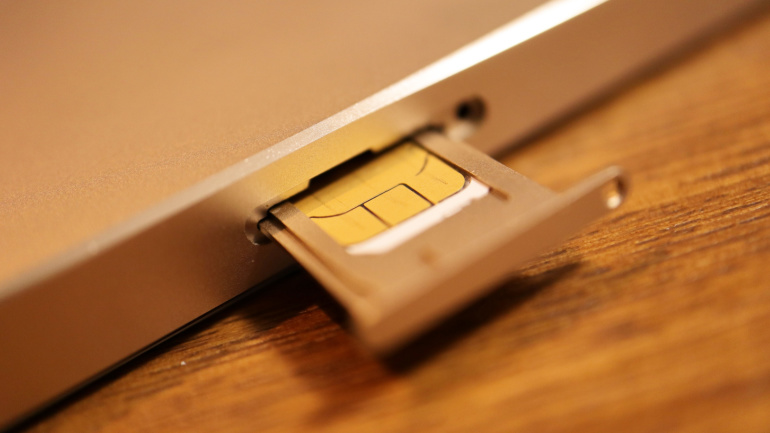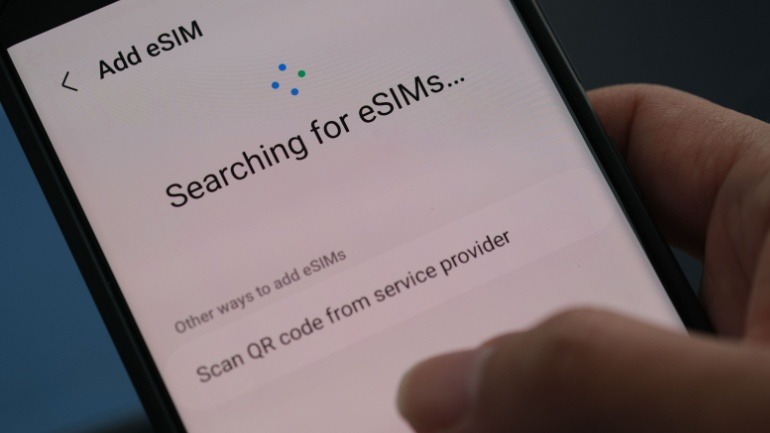The cellular Internet of Things (IoT) market is set to undergo a significant transformation, thanks to the advancements in eSIM technology, as highlighted in recent research conducted by Omdia. The adoption of eSIM is expected to skyrocket, driven by the GSMA SGP.31/32 specifications, offering unprecedented efficiency, flexibility, and choice to enterprises across the globe.
This technology, which has already gained considerable traction in consumer electronics like high-end smartphones and smartwatches, is now making headway into the IoT sector. Despite previous challenges such as power and computing limitations, as well as the need for manual intervention, the tide is turning. Innovations in eSIM technology are addressing these issues, paving the way for its widespread adoption in IoT, with projections estimating a leap from just over 1 billion connections in 2023 to more than 3.6 billion by 2030.
The surge in eSIM adoption is not solely attributed to technological advancements. Emerging trends such as 5G RedCap, 5G Massive IoT, and the introduction of 4G LTE Cat-1bis modules, coupled with growing enterprise demand, are playing pivotal roles in this expansion. John Canali, an IoT Principal Analyst at Omdia, emphasizes that the evolving eSIM landscape is fostering a competitive environment among communication service providers. This shift is minimizing vendor lock-in issues and granting enterprises more leverage in negotiating connectivity costs.
Furthermore, the recent introduction of the GSMA SGP.32 eSIM specification, tailored for IoT applications, marks a significant milestone. It promises cost savings, enhanced flexibility, and extended device lifespan, addressing long-standing barriers to eSIM adoption in various industries, including automotive. Andrew Brown, Practice Lead for IoT at Omdia, notes that this development is crucial in harmonizing device provisioning processes across consumer and IoT devices, thereby accelerating eSIM uptake in numerous sectors.
Supporting this optimistic outlook, Omdia’s research, which includes insights from a survey of over 700 global IoT enterprises, reveals a strong inclination towards eSIM/iSIM technology. Nearly 90% of the surveyed enterprises plan to embrace eSIM/iSIM within the next two years, highlighting the technology’s potential to bolster network reliability, manage costs effectively, and comply seamlessly with local regulations, all while enhancing security measures.







